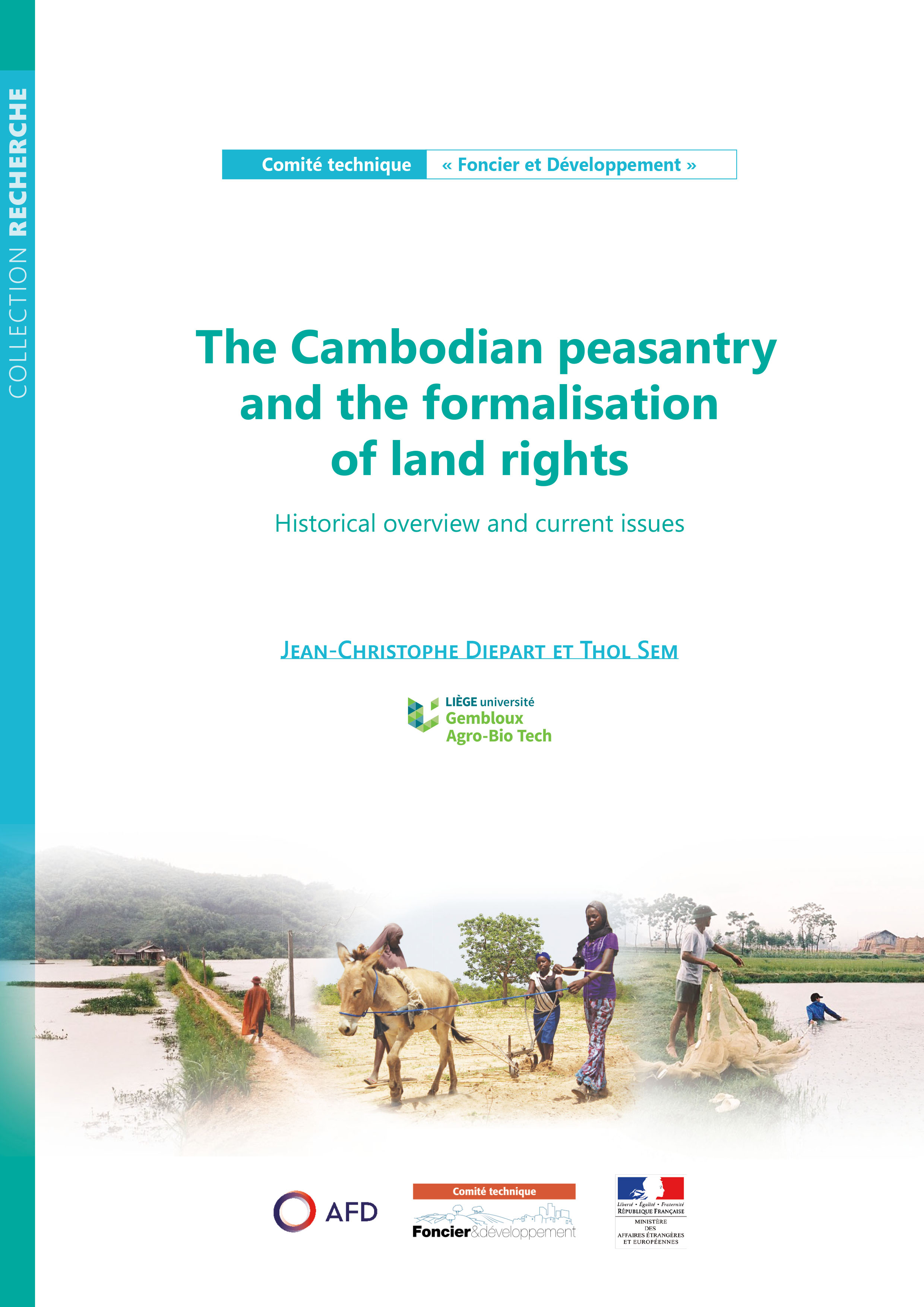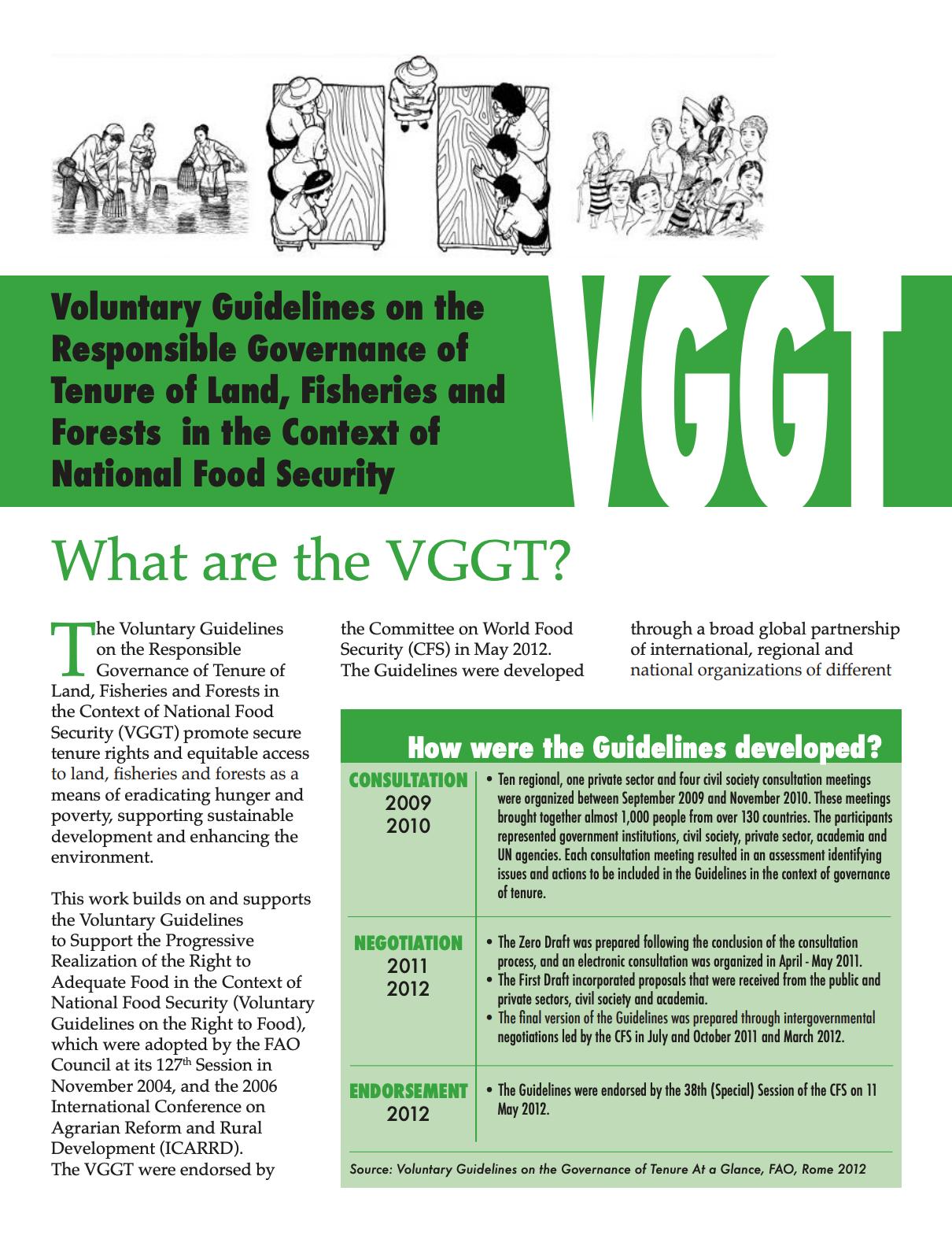Guidelines for Integrating Gender Analysis into Biodiversity Research
How can gender be mainstreamed into programmes concerned with the sustainable use and management of biodiversity? The International Development Research Centre (IDRC) has produced guidelines on how to integrate gender analysis into biodiversity research. The central role played by women in the maintenance of rural lands, and changing gender roles and relations resulting from cost of living rises and increased migration, are highlighted.





